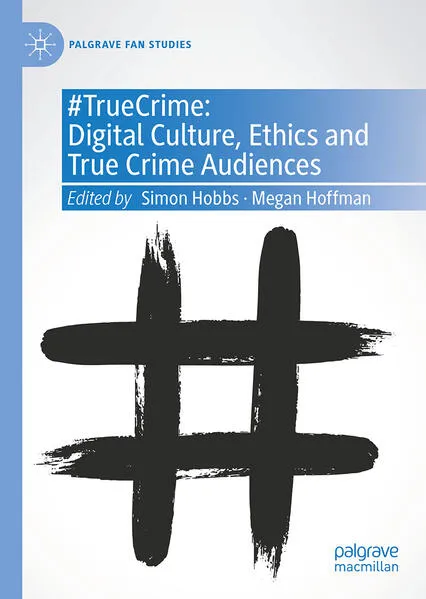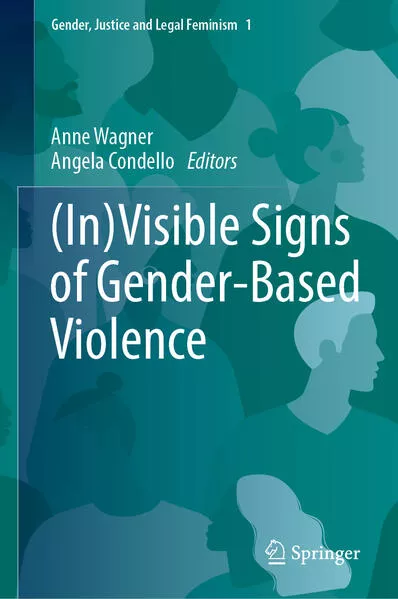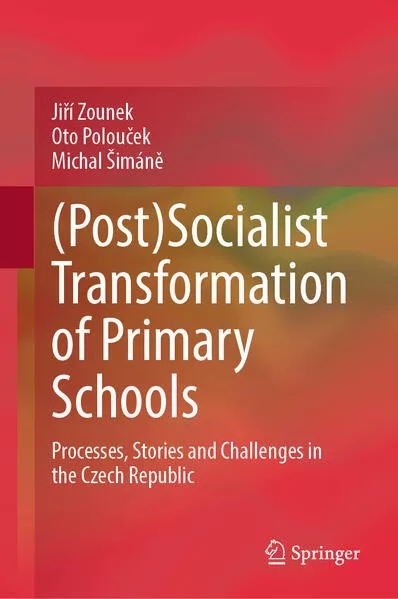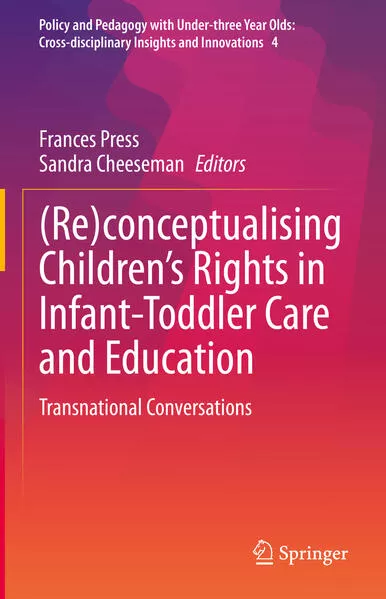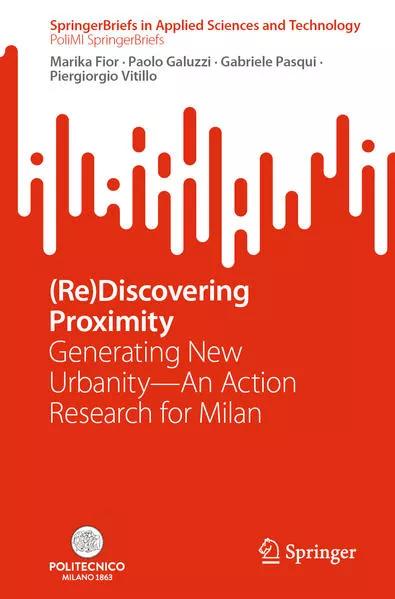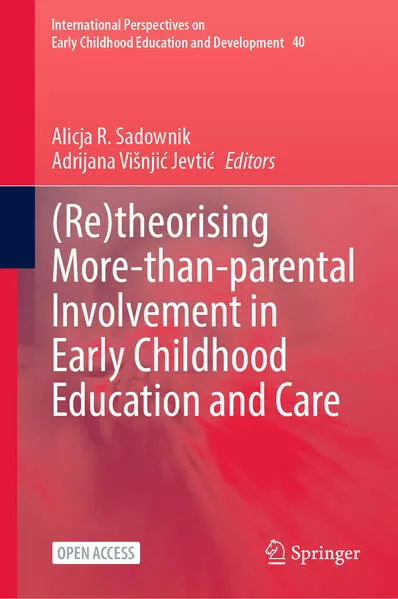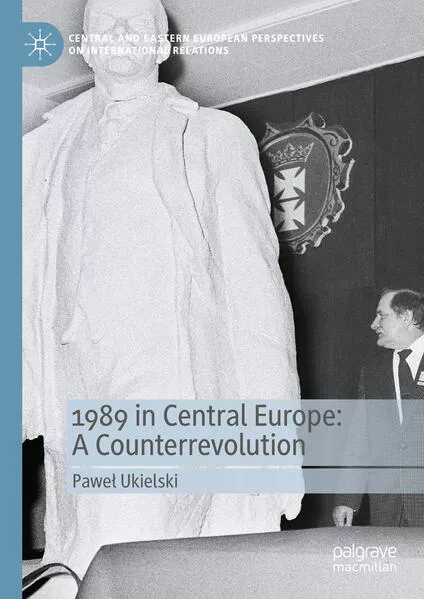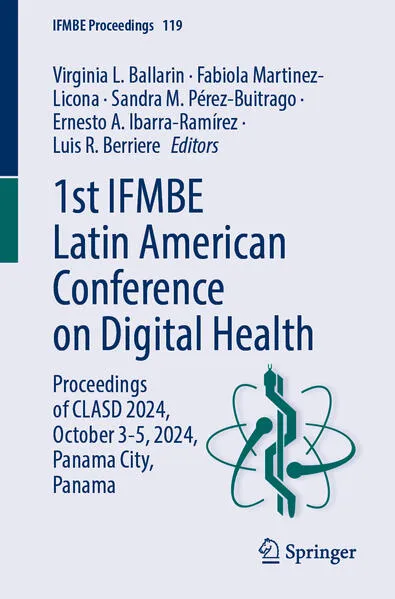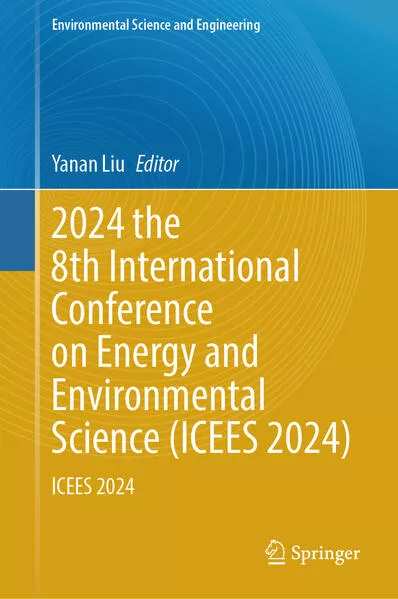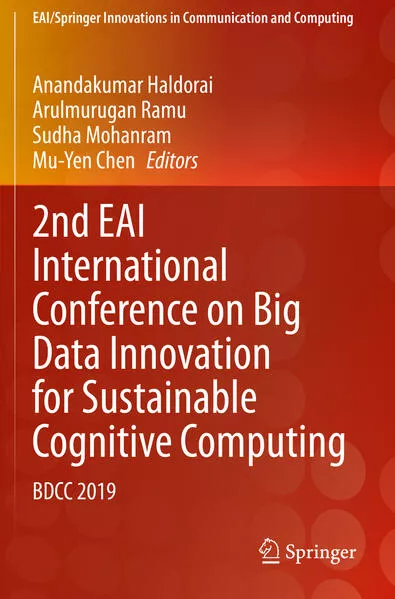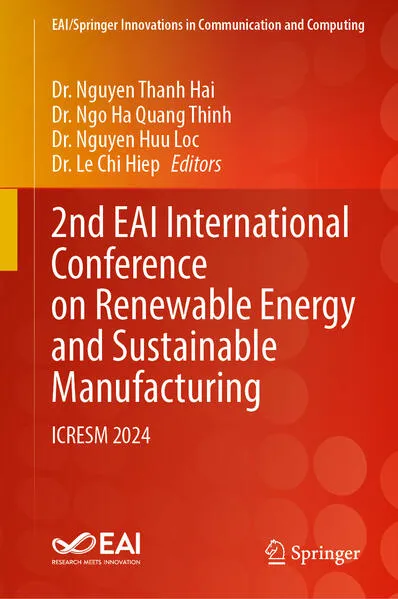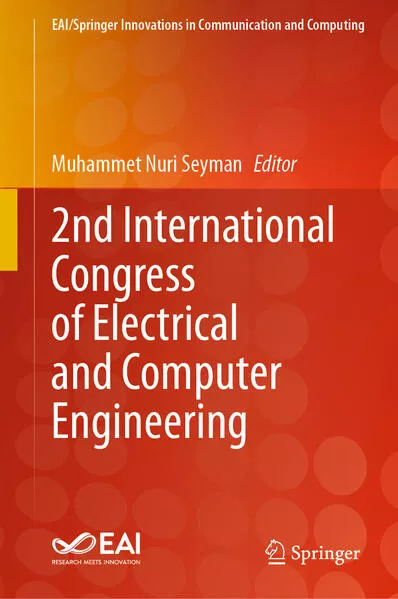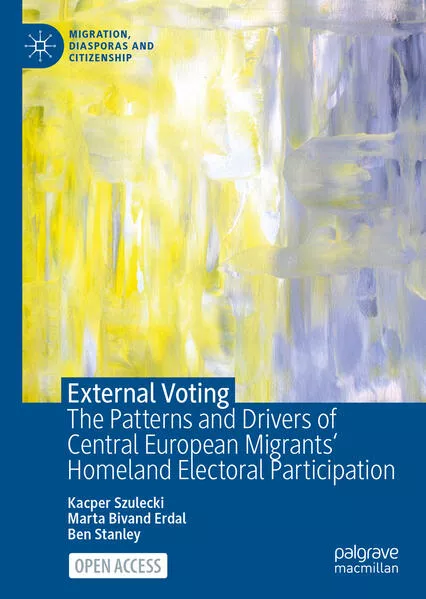
External Voting
The Patterns and Drivers of Central European Migrants' Homeland Electoral Participation
This open access book is the first monograph that brings together insights from comparative politics, political sociology, and migration studies to introduce the current state of knowledge on external voting and transnational politics. Drawing on new data gathered within the DIASPOlitic project, which created a comparative dataset of external voting results for 6 countries of origin and 17 countries of residence as well as an extensive qualitative dataset of 80 in-depth interviews with four groups of migrants, this book not only illustrates theoretical problems with empirical material, but also provides answers to previously unaddressed questions.
The empirical material focuses on the European context. The Eastern Enlargement of the European Union (2004-2007) triggered a westward wave of migration from Central and Eastern European countries which faced the expansion of existing émigré communities and the emergence of new ones. As this process coincided with the expansion ofmigrant voting rights, the result is a large set of populous diaspora communities which can potentially have a significant impact on country electoral politics, making the study of external voting highly relevant.
This book’s introduction takes stock of current research on transnational politics and external voting, presenting core puzzles. The following chapter introduces the context of intra-European migration and the political situation in Central-Eastern European sending countries. The next two sections address the empirical puzzles, drawing on new quantitative and qualitative. The conclusion takes stock of the evidence gathered, discusses the normative problem of non-resident voters enfranchisement, connects external voting to the broader debate on political remittances and finally, maps the terrain ahead for future research.
This concise, empirically grounded introduction to external voting is critical reading in structuring the debate around migration and shapingresearch agendas for the future.
Unterstütze den lokalen Buchhandel
Nutze die PLZ-Suche um einen Buchhändler in Deiner Nähe zu finden.
Bestelle dieses Buch im Internet
| Veröffentlichung: | 15.12.2022 |
| Höhe/Breite/Gewicht | H 21 cm / B 14,8 cm / - |
| Seiten | 116 |
| Art des Mediums | Buch [Gebundenes Buch] |
| Preis DE | EUR 53.49 |
| Preis AT | EUR 54.99 |
| Auflage | 1. Auflage |
| Reihe | Migration, Diasporas and Citizenship |
| ISBN-13 | 978-3-031-19245-6 |
| ISBN-10 | 3031192451 |
Über den Autor
Kacper Szulecki is Research Professor at the Norwegian Institute of International Affairs in Oslo. He is a political sociologist specializing in transnational and European politics. He was the Principal Investigator in the DIASPOlitic project.
Marta Bivand Erdal is Research Professor at the Peace Research Institute Oslo (PRIO), Norway, where she is also the Co-Director of PRIO Migration Centre. As a human geographer she is interested in the impacts of migration and transnationalism in both emigration and immigration contexts.
Ben Stanley is Associate Professor in the Centre for the Study of Democracy at the SWPS University of Social Sciences and Humanities in Warsaw, Poland. His primary area of research interest is the politics of populism in Central and Eastern Europe, incorporating analysis of party ideological appeals and voter behaviour.
Diesen Artikel teilen
0 Kommentar zu diesem Buch
.... weitere Publikationen von Springer International Publishing
Okkultes Historiendrama über den bedeutendsten Geheimkult der Antike - Spannung, Archäologie, Liebe und Mystery
Bewerbungsfrist bis zum: 17.03.2026




